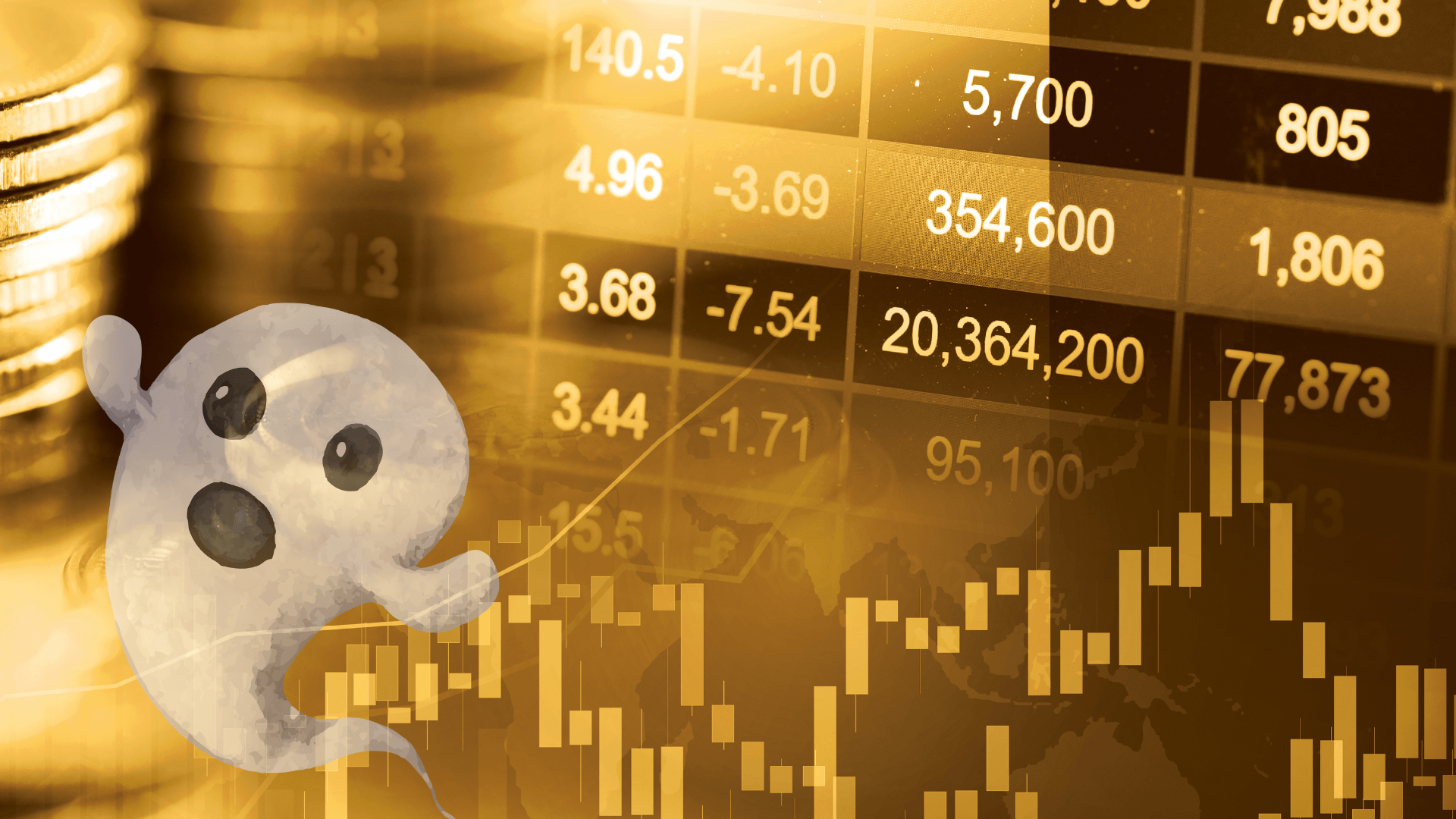The financial world is a realm of intricate connections and unpredictable shifts. Investors and traders continuously search for patterns and trends that can help them navigate this complex landscape. One such phenomenon that has captured the attention of financial experts is "Ghost Month" and its potential effects on the stock market. Ghost Month, deeply rooted in Chinese tradition, is believed to influence various aspects of life, and its impact on the stock market has been a subject of interest and debate.
A Brief Background on Ghost Month
Hungry Ghost Festival
Ghost Month, also known as the "Hungry Ghost Festival" or "Zhong Yuan Jie," is a traditional Chinese belief that spans over 30 days, typically falling in the seventh month of the Chinese lunar calendar. This period is considered inauspicious, as it is believed that the gates of the underworld open, allowing restless and evil spirits to roam the world of the living. To appease these hungry ghosts, various rituals and offerings are performed.
Influence on Financial Markets and Market Behavior
In recent years, the concept of the Chinese Ghost Festival has extended its influence to financial markets, particularly the stock market. Observers speculate that during this time, market sentiment and behavior can experience fluctuations due to the cultural significance associated with the annual event of Ghost Month. Traders often scrutinize historical data to identify potential correlations between the occurrence of Ghost Month and stock market trends.
Ghost Month typically begins on the night of the first day of the seventh lunar month and concludes on the last day of the same month. During this period, traditional customs such as lighting incense, making food offerings beforehand, and avoiding risky ventures are observed by those who believe in their influence.
Ghost Months and Businesses
Some business owners and entrepreneurs might delay major deals, product launches, or business expansions during Ghost Month, fearing potential negative repercussions or bad luck. Others might adapt their strategies to accommodate the perceived influence of visiting spirits during this time.
While the connection between Ghost Month and business outcomes remains speculative, the cultural significance attached to these beliefs showcases how deeply ingrained traditions can shape even the most pragmatic aspects of modern-day enterprises.
As businesses navigate the ethereal nuances of Ghost Month, the question of how these age-old customs impact financial decisions adds another layer of complexity to the intriguing dialogue between tradition and commerce.
Effects of Ghost Month
Amidst the ever-changing tides of the financial world, Ghost Month stands as a fascinating cultural touchpoint that has woven its way into market dynamics. As we delve into the intriguing interplay between this age-old tradition and the complexities of stock trading, a closer examination reveals five notable effects that shed light on the potential influence of Ghost Month on market behavior:
1. Reduced Trading Activity
During the Ghost Month Chinese Festival, some investors may become more cautious and opt to reduce their participation in the stock market. This caution can arise from the belief that the spirit world's heightened activity during the lunar month could lead to unpredictable market behavior. As a result, trading volume might decrease, which can contribute to a decrease in liquidity and potentially impact stock prices.
2. Volatility and Uncertainty
The notion of Ghost Month being an inauspicious time can create an atmosphere of uncertainty in the market. Traders might be more hesitant to make bold moves or investment decisions due to the perceived risk of unforeseen events or bad luck. This hesitancy and lack of clear direction can lead to increased price volatility as the market's response to various stimuli becomes more unpredictable.
3. Shift in Investment Strategy
During this time, investors' investment strategies might change as a result of the myths surrounding Ghost Month. They may choose to adopt a more conservative approach, focusing on less risky assets or sectors that are perceived to be less affected by the potential volatility. This shift in strategy can impact the demand for certain stocks or sectors, leading to variations in stock prices.
4. Stock Price Declines
Historical analysis of stock market data has indicated that certain stocks and sectors tend to experience price declines during Ghost Month. This could be attributed to a combination of reduced investor activity, cautious sentiment, and the overall climate of uncertainty. These price declines can be seen as a reflection of the market's response to the perceived risk associated with the period.
5. Opportunities for Long-Term Investors
While Ghost Month might create short-term volatility and price declines, it can also present opportunities for long-term investors with a patient outlook. Some investors view the temporary downturn as a chance to purchase stocks at lower prices. The belief is that once Ghost Month concludes and market sentiment stabilizes, these stocks could rebound, potentially leading to long-term gains.
What Can We Do During These Months?
During the enigmatic and culturally significant period of Ghost Month, navigating the financial landscape requires a delicate balance between tradition and business practicality. While the influence of Ghost Month on the stock market remains speculative, investors can consider several thoughtful strategies to navigate this time with prudence.
Firstly, maintaining a diversified investment portfolio can serve as a buffer against potential market fluctuations.
Secondly, staying informed about market trends and global economic developments can help investors make informed decisions amid uncertainty.
Thirdly, for those who believe in the influence of Ghost Month, adopting a more cautious approach to money, by avoiding high-risk ventures and refraining from major financial decisions can align with the spirit of the tradition.
Lastly, long-term investors can view this period as an opportunity to acquire stocks at potentially lower prices, keeping in mind the historical tendency for stocks to rebound after Ghost Month concludes. While Ghost Month's impact remains a blend of cultural belief and financial speculation, a prudent and informed approach can help investors navigate the uncertainty while staying true to their investment goals.
In the intricate dance between tradition and finance, the enigmatic influence of Ghost Month on stocks adds a layer of intrigue to market dynamics. Rooted in Chinese customs and spanning a 30-day period, Ghost Month's potential effects on trading behavior and market sentiment have intrigued investors and experts alike. While the direct impact remains uncertain, the cautious strategies outlined offer a harmonious way to navigate this time, emphasizing diversification, informed decision-making, and a balance between tradition and prudence.
Just as the stock market calls for a well-informed approach, so does the realm of real estate investment. When considering an investment that transcends market fluctuations, think of Vista Residences—a place where you and your whole family can secure a future amid the uncertainties of both financial markets and cultural traditions. With Vista Residences, you're not just investing in property; you're investing in a lifestyle that stands resilient through time, much like the age-old beliefs that continue to shape our perspectives.
As the financial world continues to evolve, the effects of Ghost Month remind us of the nuanced interplay between culture, belief, and the complex tapestry of the stock market.
For more information on Vista Residences, email [email protected], follow @VistaResidencesOfficial on Facebook, Twitter, Instagram, and YouTube, or call the Marketing Office at 0999 886 4262 / 0917 582 5167.






